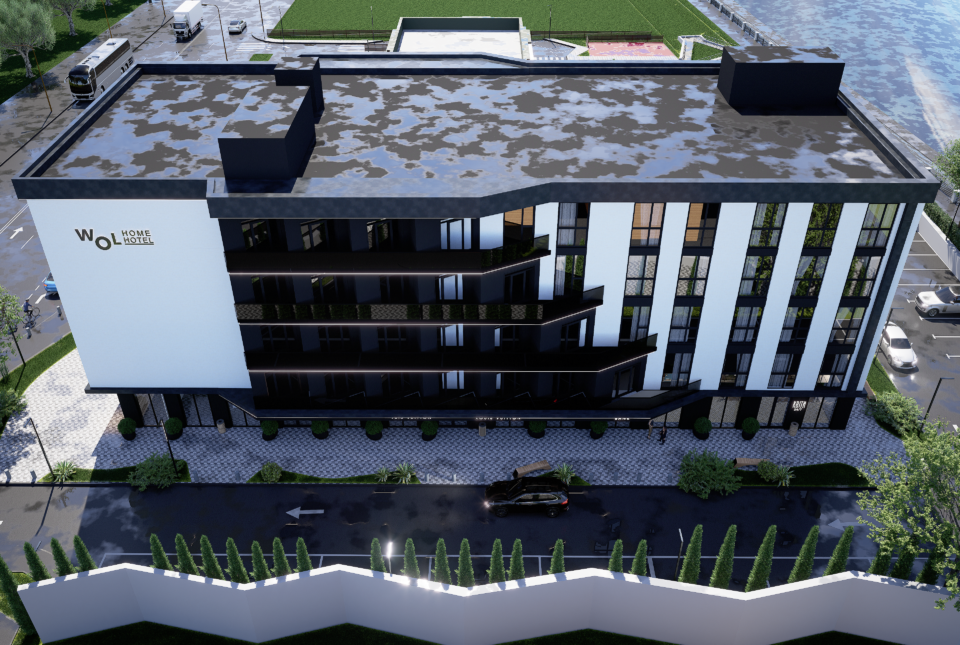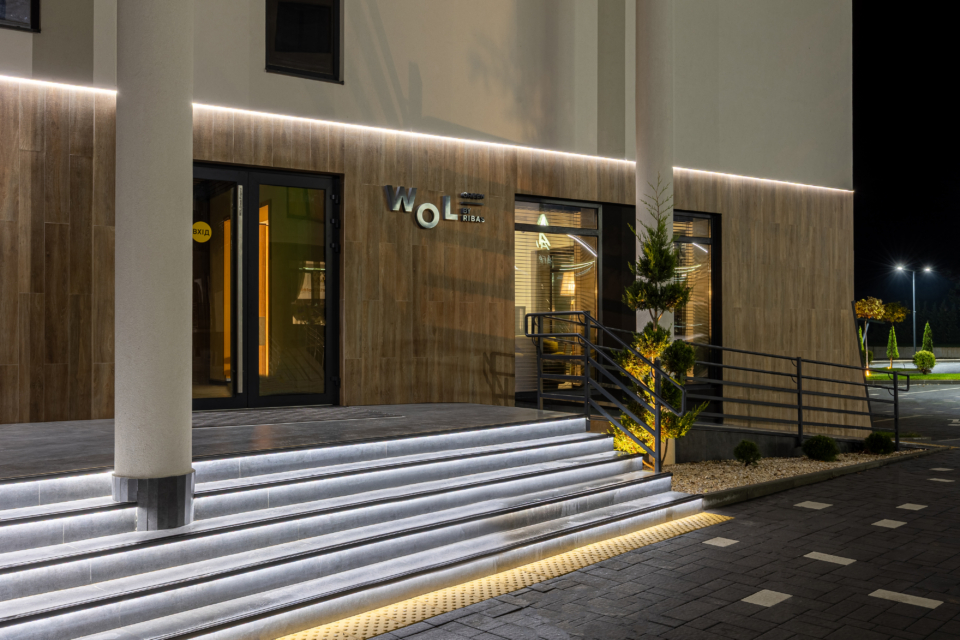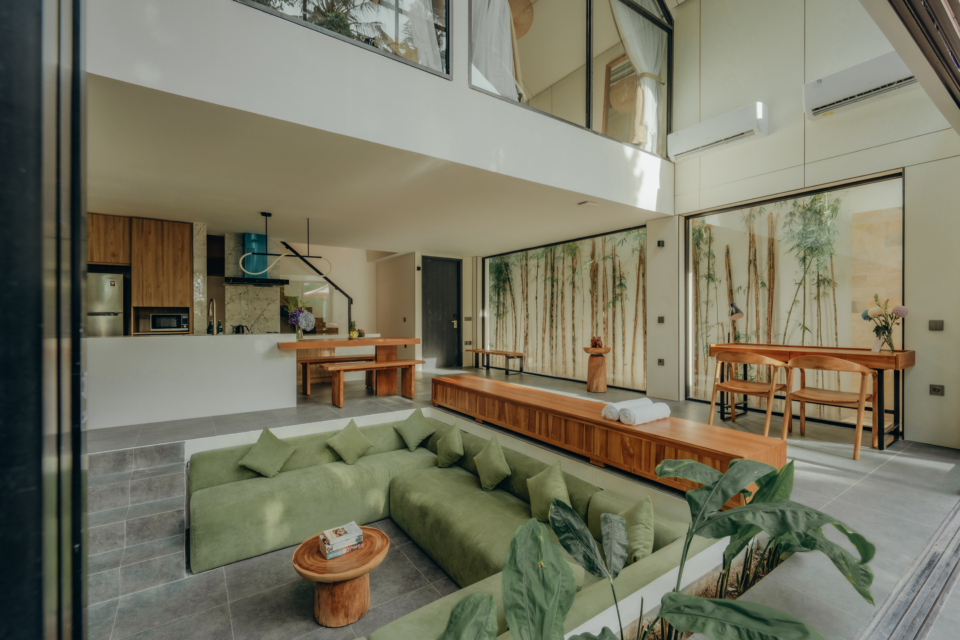Guests of the Future: How Will Travelers’ Needs Change in the Next 10 Years?
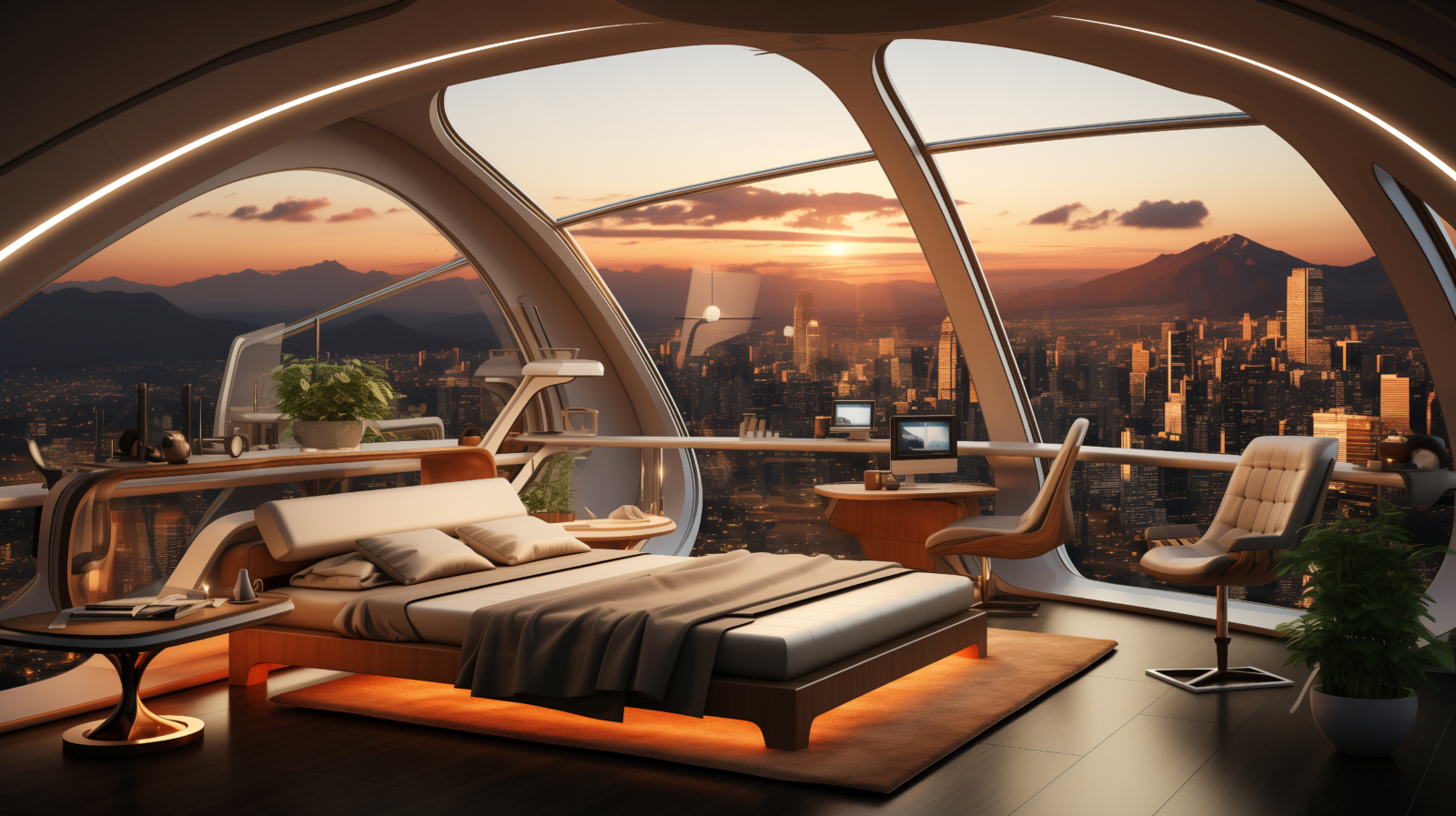
Author: Tetiana Morozova, architect, co-founder of TEMO design studio
When people hear the word “architect,” they usually picture blueprints, buildings, and beautiful interiors. But, working on hotel projects, I’ve come to realize more clearly: architecture is primarily about people. It’s the guests—their needs, expectations, and experiences—that define the future of hospitality spaces. Today, I propose looking ahead to explore how travelers and their demands will evolve over the next decade.
Generation Z – The Main Guests of the Future
The first generation raised with gadgets in their hands will soon dominate hotel clientele. These young people, now just over 20, will seek more than just accommodation—they’ll expect hotels aligned with their values: sustainability, ethics, and social responsibility. At the same time, they represent the workation generation, with over 50% working remotely. They desire a perfect blend of technology and human interaction, expecting personalized services tailored to their preferences even before they arrive.
Women – The Key Segment of Travelers
As of 2024, women are responsible for 80% of travel bookings and comprise 84% of solo travelers worldwide. This trend will continue to strengthen.
Safety is a crucial factor for women when choosing a hotel. Hotels that prioritize the safety and comfort of female guests already enjoy higher loyalty levels. Women also value authenticity and brand responsibility. In the future, they’ll choose hotels that not only look good on social media but also share their core values.
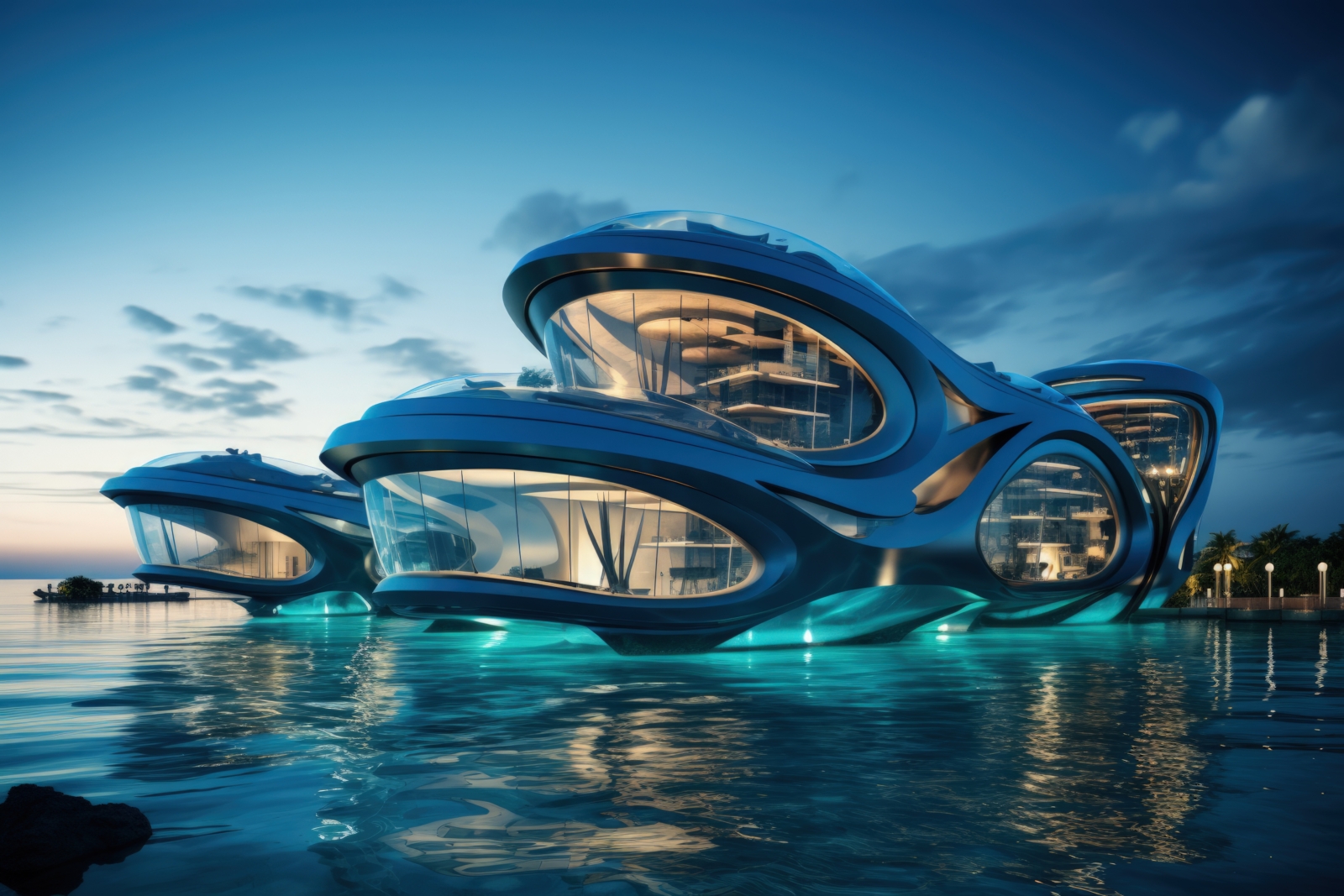
The visualization was created using artificial intelligence.
Older Travelers – The “Golden Segment”
In 10 years, one in five Ukrainians will be over 65. This group is also the most financially capable segment of travelers. Yet, it’s essential to remember that these guests don’t want to feel “old.” They’ll prefer hotels that offer not only wellness amenities and tranquil services but spaces that uphold dignity and respect. They’ll spend more freely than younger travelers, valuing comfort, sleep quality, personalized care, and an environment that doesn’t remind them of their age. Hotels must therefore be age-friendly.
The Challenges of Accessibility
The number of people with disabilities is rapidly increasing—over 3 million officially in Ukraine by 2024. Forecasts indicate that by 2035, Ukraine’s population might shrink to 30.5 million, with one in five individuals aged over 65.
In the future, accessibility and universal design will become not just trends, but necessities. It’s about more than physical accessibility—it’s about shifting mentalities, accepting societal change. Hotels will be among the first spaces where we’ll need to learn to interact effectively with these new challenges and new people.
What Must Hotels Offer Future Guests?
In 10 years, travelers will demand more from hotels: flexibility, hyper-personalization of services, and integration of AI, yet simultaneously crave genuine human connection, irreplaceable by robots or algorithms.
Key hotel selection criteria will be:
- universal and adaptive design;
- environmental responsibility;
- maximum safety (both physical and digital);
- authenticity and genuine experiences;
- flexibility and hyper-personalized services.
These elements won’t merely be bonuses but essentials for competitiveness.
Despite technological optimism, many guests will fear losing privacy and experiencing alienation due to over-automation. Future hotel designs must address these concerns, making guests feel secure and reducing emotional stress.
In a deeply digitalized world, authenticity, humanity, sincerity, and emotional depth will remain the ultimate luxuries worth paying for. Hotels capable of adapting and creating truly human-centric spaces—where every guest feels respected and comfortable—will always hold a competitive edge. After all, the future hinges more on adaptability to change than on design or architecture.
Subscribe to our blog to stay updated on hospitality trends!




